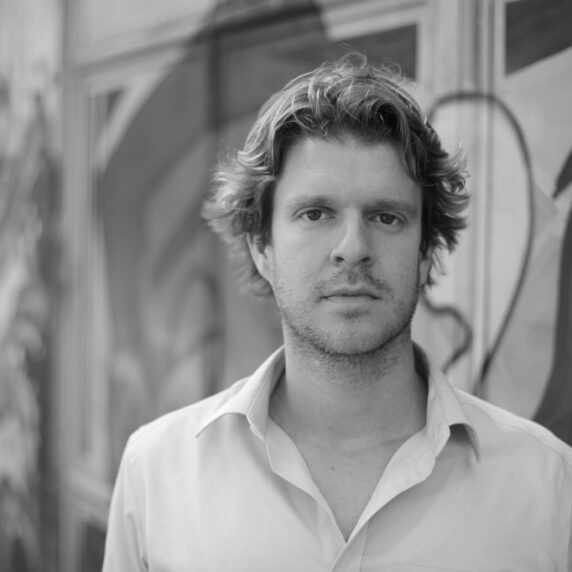2021
Kevin Lewis O’Neill
Cultural anthropologist studies exportation of abusive priests to Central America

2021
Cultural anthropologist studies exportation of abusive priests to Central America

Kevin Lewis O’Neill’s research on clerical sexual abuse within the Roman Catholic Church, and in particular the transfer of abusive priests from North America to Central America to avoid prosecution, will soon be shared in book form thanks to support from the 2021 Guggenheim Fellowship.
“It’s a 40-year narrative about the church’s efforts to evade responsibility,” says Dr. O’Neill, professor in religious studies at the University of Toronto.
The research is challenging on a number of fronts, he says.
“The kinds of representations we get in North America are largely governed by the limitations of litigation…There is not really a functioning international court system…It’s easier to document and litigate abuse within the U.S. and Canada.”
As a researcher, he says the topic can be demoralizing. “It’s incredibly difficult. I spend a large portion of my time speaking with the survivors of clerical sexual abuse…And that is really tough. And it’s also difficult to get a sense of how the church is acting to shield itself from judgments both in terms of litigation, but also in terms of the court of public opinion.
“I am really enthused, however, by the idea that this research could set a precedent where those abused by U.S. priests in Central America could claim some portion of settlements made in the United States…I am really propelled by this idea of transnational justice when it comes to clerical sexual abuse.”
Much of Dr. O’Neill’s research in this area has already been completed. His work is anchored in the movement of priests from a few dioceses in Minnesota to Guatemala. The research also involves New Mexico, home to a church-run sex therapy centre where many priests were sent.
“A fourth site is the Vatican,” he says. “I’ve completed a number of research trips there.”
When the Vatican wanted to transfer some priests from the U.S. to Latin America, to support what was then a lack of priests in Latin America, there were questions around who should go. “Sometimes those decisions were made easier if a cleric was under suspicion or a problem in the community,” says Dr. O’Neill. So Guatemala became something of a dumping ground for predatory priests in 20th century and even the 21st century.”
Winning the Guggenheim Fellowship means Dr. O’Neill will have more time to dedicate to producing a book about this research. He says the award is also a “really great moment of encouragement.”
“It signals that you’re heading in right direction and is a reason to be even more ambitious with your work.”